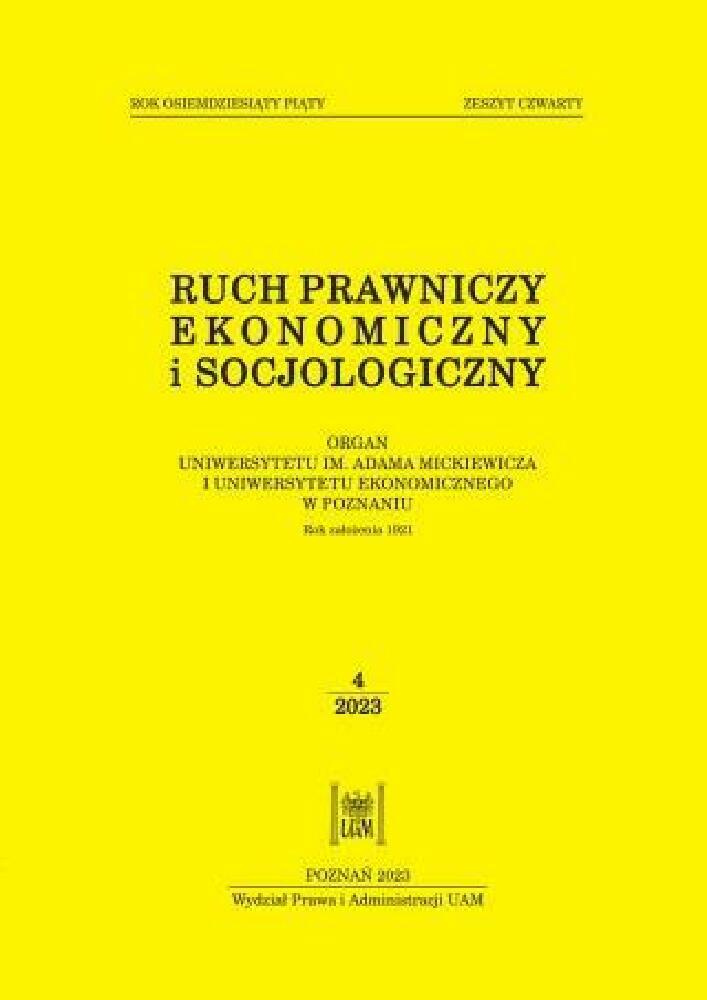ZASTOSOWANIE ZASADY
UZASADNIONYCH OCZEKIWAŃ
W PODATKU OD TOWARÓW I USŁUG:
STUDIUM PRZYPADKU
APPLICATION OF THE PRINCIPLE OF LEGITIMATE
EXPECTATIONS IN VALUE ADDED TAX:
A CASE STUDY
Author(s): Beata Rogowska-RajdaSubject(s): Economic policy, Public Finances, Fiscal Politics / Budgeting, Socio-Economic Research
Published by: Uniwersytet Adama Mickiewicza
Keywords: principle of the protection of legitimate expectations; goods and services tax; good administration;
Summary/Abstract: The aim of the article is to define the relationship between the EU and national principles of theprotection of legitimate expectations applied in the area of harmonized VAT. It is assumed thatthese principles in the EU and national perspectives – despite the common denominator – do notoverlap. In the case of the harmonized area, priority is always given to the guarantee frameworkof the analysed principle set by the case law of the CJEU, even if it limits the scope of applicationof the principle on national grounds. The research material consists of representative judgmentsof the CJEU dealing with the essence of the principle of the protection of legitimate expectations,its sources and the reasons for its application, and the views of domestic and foreign doctrine.The conclusions of the analysis were referred to selected factual situations on the basis of whichrulings of the Supreme Administrative Court were made, taking into account the principle in thedomestic context. The analysis of the principle shows that the scope of protection is different inthe case of harmonized and not harmonized tax law. The EU principle tends to be more limitedthan its national counterparts. First and foremost, the principle will not apply in the case of MSpractice contrary to EU regulation, even if it is beneficial to the individual. Nor can legitimateexpectations arise in the case of an abuse of rights or a breach of law, even if the unlawful statecreated by the individual was tolerated by the EU or national authorities. The analysis of the useof the principle of legitimate expectations in Polish VAT jurisprudence carried out in the articleleads to the conclusion that it is much more widely applied than would be the case in accordancewith EU doctrine and jurisprudence, which indicates the need for changes in this respect.
Journal: Ruch Prawniczy, Ekonomiczny i Socjologiczny
- Issue Year: 85/2023
- Issue No: 4
- Page Range: 101-117
- Page Count: 17
- Language: Polish

